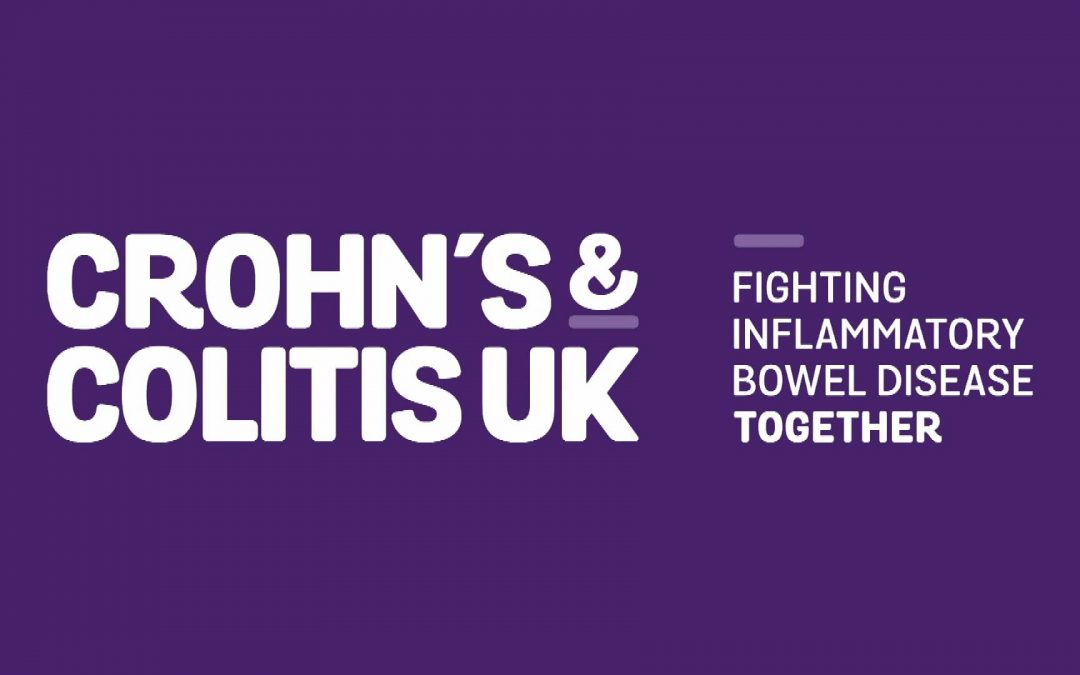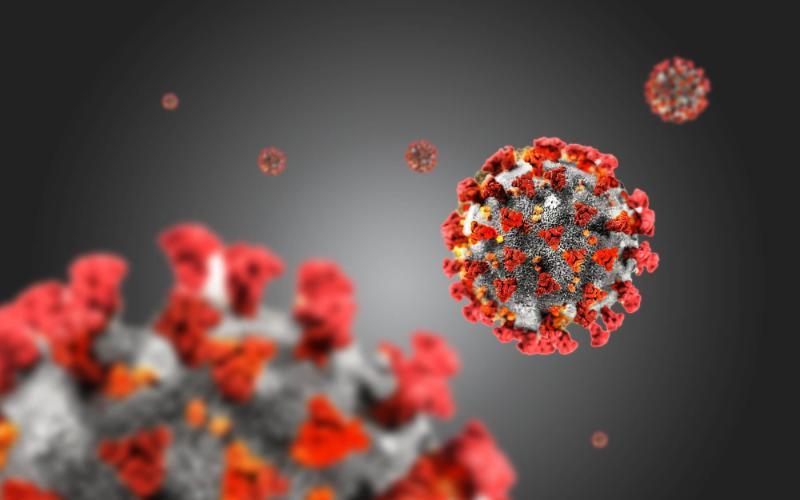Use of therapeutic drug monitoring to manage pIBD (part 2) – Dr Neil Chanchlani
This page is restricted to BSPGHAN members.
Please login.
This page is restricted to BSPGHAN members.
Please login.

Dear Members
IBD UK will be sharing this open letter to Matt Hancock on the IBD UK website and Crohn’s & Colitis UK website on Monday morning. We will then be sharing it on social media channels with the attached graphic and copy below, which you are welcome to use in your own posts if you are planning on sharing the letter.
Twitter:
The @IBDUKTEAM report showed that IBD care across the UK needs to change. IBD needs to be taken seriously, so we’re asking @MattHancock for a clear government strategy for improvement. Please RT and support our ask for #BetterIBDCare https://ibduk.org/blog/2021/our-open-letter-to-matt-hancock
Facebook:
The IBD UK report showed that IBD care across the UK needs to change. IBD needs to be taken seriously, so we’re asking @matthancockofficial for a clear government strategy for improvement. Please share and support our ask for #BetterIBDCare https://ibduk.org/blog/2021/our-open-letter-to-matt-hancock
Best wishes.
Jackie
IBD UK
Crohn’s and Colitis UK acting as Secretariat to IBD UK
Tel No: 01727 734471
Email: info@ibduk.org
Follow us on Twitter: @IBDUKTEAM

Life in Lockdown Survey Results
As you will be very well aware, IBD services have been disrupted one way or another by the coronavirus pandemic and we know there has been an impact on you and on patient care. Our Life in Lockdown survey gave us an insight into how services have been impacted by the pandemic from the patient perspective - we received 7,666 responses from people with Crohn’s and Colitis. Look at our blog to find out more about the results and how you can use them.
Information and Resources for Patients
For regularly updated information about Covid-19, please continue to signpost patients to our website: https://crohnsandcolitis.org.uk/news/coronavirus-covid-19-advice
We have recently published a list of the ‘Top 8 things to do after a Crohn’s or Colitis diagnosis’, to help people who are new to the conditions navigate the wealth of information and support available to them. You can signpost patients to the new page using this link: www.crohnsandcolitis.org.uk/new-diagnosis
We have also added a new blog for patients ‘Top tips for getting the most out of your virtual appointment’. This blog answers questions or concerns for patients who have not had a telephone or video appointment before and gives clear tips for before, during and after the appointment.
While we cannot currently mail out patient packs, our online information is a great free resource that you can still signpost patients to.
Flu vaccination
We have called for everyone with Crohn’s or Colitis to have free access to the flu vaccine on the NHS this season, in a joint letter from our Chief Executive Sarah Sleet and the Presidents of the British Society of Gastroenterology and British Society of Paediatric Gastroenterology, Hepatology and Nutrition to the Joint Committee on Vaccination and Immunisation.
As you’ll know, the NHS guidelines on whether people with Crohn’s and Colitis are eligible to free vaccinations in England, Scotland, Wales and Northern Ireland are open to interpretation. Please encourage patients you consider eligible to get their flu vaccine as soon as possible. To help them with this, you can click here to download our open letter to vaccine providers explaining who with Crohn's or Colitis is eligible for the free flu vaccine.
GINcast: Gastrointestinal Nursing Podcast
Episode 3 of GINcast explores how the Covid-19 pandemic has changed the way IBD nurses deliver care to patients with Crohn’s and Colitis. Listen to the podcast here.
Do get in touch with us at healthservices@crohnsandcolitis.org.uk if you have any queries.
Sue Protheroe
BSPGHAN President
President@bspghan.org.uk

Dear members
COVID-19 has sadly shown that colleagues and patients from BAME communities have been disproportionately affected by COVID-19. Acknowledging and actively mitigating health inequalities is rightly high on our agenda. Recent events have additionally brought into sharp focus the need to tackle discrimination of any kind. Many young people have led the way and seized the opportunity to highlight these issues peacefully. Thinking of the young people we look after, an opinion piece in The Lancet Child & Adolescent Health https://www.thelancet.com/journals/lanchi/article/PIIS2352-4642(20)30186-3/fulltext
has highlighted the damaging long term consequences of lack of face to face contact among young people and their peers.
We are now actively offering personalised discussions with families and young people to support continued shielding or easing of restrictions. Not all those children and young people who are currently advised to shield need to continue to do so and can return to school as it reopens where the benefits of school - in terms of access to therapies and developmental support - far outweigh the risk of infection.
This week, we will all wear face masks more widely and continue social distancing to keep our patients safe. The impact of the 2m social distancing rule in hospital impacts on our ability to reset, restore and recover health services. In England, today the Government announced that it is undertaking a review of 2m rule regarding economic recovery and we await their deliberation.
1. Shielding update for children and young people
On June 10th, the RCPCH released advice this advice on shielding guidance for children. Its aim is to support clinicians in their discussions with patients and their families/carers about the risks and benefits associated with shielding. It specifically considers children with paediatric gastroenterology, hepatology and nutritional problems using the available evidence More information is available from British Society for Paediatric Gastroenterology, Hepatology and Nutrition.
The update seeks to support the trusted relationship between patients and their doctors.
https://www.rcpch.ac.uk/resources/covid-19-shielding-guidance-children-young-people
RCPCH have offered advice regarding returning to school https://www.rcpch.ac.uk/resources/covid-19-talking-children-families-about-returning-school-guiding-principles
In England, the NHS sent a letter to NHS trusts and primary care on 4 June which outlines changes and the process for maintaining list of shielded patients (additions and removals) - see here: https://www.england.nhs.uk/coronavirus/wp-content/uploads/sites/52/2020/06/C0583-nhs-update-on-shielding-june-2020.pdf
1. Shielding update for children and young people
On June 10th, the RCPCH released advice this advice on shielding guidance for children. It's aim is to support clinicians in their discussions with patients and their families/carers about the risks and benefits associated with shielding. It specifically considers children with paediatric gastroenterology, hepatology and nutritional problems using the available evidence More information is available from British Society for Paediatric Gastroenterology, Hepatology and Nutrition.
The update seeks to support the trusted relationship between patients and their doctors.
https://www.rcpch.ac.uk/resources/covid-19-shielding-guidance-children-young-people
RCPCH have offered advice regarding returning to school https://www.rcpch.ac.uk/resources/covid-19-talking-children-families-about-returning-school-guiding-principles
In England, the NHS sent a letter to NHS trusts and primary care on 4 June which outlines changes and the process for maintaining list of shielded patients (additions and removals) - see here: https://www.england.nhs.uk/coronavirus/wp-content/uploads/sites/52/2020/06/C0583-nhs-update-on-shielding-june-2020.pdf
Further advice is expected to be released this week from June 15th.
2. Updated shielding guidance for children with chronic liver disease and those on and those on immunosuppression (autoimmune liver disease and liver transplantation) June 11th https://bspghan.org.uk/wp-content/uploads/2020/06/Updated-shielding-guidance-for-children-with-chronic-liver-disease-and-those-on-immunosuppression_TG-1.pdf
In view of evidence and increasing knowledge in the COVID-19 pandemic, the 3 paediatric Liver Centres updated the advice to children and families with chronic liver disease. This advice is generated following communication with colleagues from other societies (BTS, BLT, BSG, BASL) and referencing to documents released by PHE, GOV, ERN-Rare Liver, RCPCH and NHSE.
Key points
Restarting neurogastroenterology and motility investigations in paediatrics. BSPGHAN Motility Working Group guidance (June 2020).
This describes restoration of neurogastroenterology for the common GI functional testing based of the best available evidence
During the height of Sars-CoV-2 transmission there were almost complete halt to gastrointestinal motility investigations as they are considered non urgent aerosol generating procedures (AGP). With the infection rate recessing in the UK, most NHS Trusts are slowly increasing capacity for elective work. Particular attention is drawn to AGP to minimise the infection risk to children and healthcare professionals.
The Motility Working Group aim is to provide guidance for clinicians on the safe restoration of selected gastrointestinal motility investigations; this guidance is based on the current evidence but this is a rapidly evolving subject and the guidance many change over time. The working group will endeavour to update this document if new information become available
In guidance on restarting endoscopy services the BSG has suggested treating patients (< 55 years) with suspected coeliac disease and a tTG >x10ULN without biopsy.
Here is the protocol further detailing this advice, which is specific to the COVID-19 environment and has been issued as interim guidance pending the publication of the new BSG Coeliac Guideline expected to be published in 2021. https://www.bsg.org.uk/covid-19-advice/covid-19-specific-non-biopsy-protocol-guidance-for-those-with-suspected-coeliac-disease/
Management of acute severe ulcerative colitis (ASUC) during the novel coronavirus 2019 (COVID-19) pandemic presents significant dilemmas. The BSG panel includes members of BSPGHAN and aimed to provide COVID-19-specific guidance using current British Society of Gastroenterology (BSG) guidelines as a reference point.
With very best wishes to you all.
Sue
BSPGHAN President, e-mail President@bspghan.org.uk
June 14th 2020

Dear Members,
I do hope that this message finds you and your families and friends in continuing good health. It is an unsettling update today on the situation as it unfolds, as it is anticipated that there will be a rapid climb of Covid-19 to hit our hospitals and community services this week and next.
The focus has to be on pulling together as an NHS team to incident manage life threatening situations. When we emerge from this, there will be an important recovery phase to plan for.
Today, BSPGHAN has helped to kick start the process and contributed towards a Gap Analysis to feed back via the RCPCH to NHS E. This will help planners understand the need for time dependent diagnostic procedures and appointments for patients who are referred with commonest or high risk PGHAN conditions.
I am indebted to the BSPGHAN IBD Working Group and the Birmingham Children's Hospital Nutrition nurses who have prepared the following guidance for members and the two items that you can use for information for parents/carers (attached):
1.BSPGHAN IBD Working Group statement for Health Care Professionals COVID_IBDWG_HCP
Coronavirus (SARS-CoV-2) and COVID-19 in children with IBD.
2.BSPGHAN IBD Working Group
PARENT/CARER INFORMATION LEAFLET COVID_IBDWG_Parents_Carers
Coronavirus (SARS-CoV-2) and COVID-19 in children with IBD.
3. Parent/ Carer Information Letter for families of children on home parenteral nutrition (authored by Birmingham Women's and Children's Hospital Nutritional Care Team nurses) Birmingham Letter for HPN patients
I would like to draw your attention to advice on practice and service provision for patients with IBD. Please mitigate risks of infection to theatre teams and preserve the PPE supply by limiting all but non emergency endoscopy for now.
Importantly, the parent carer guidance, 2. and 3. provides; -
a] paediatric-specific advice on shielding, helping professionals and families interpret what " shielding" looks like for ‘At Risk’ children with IBD who are on immunosuppression and for those on Home PN, and
b] advice to avoid "late presentation" of febrile episodes in patients with IBD and on home PN.
I am mindful that I would not ordinarily send out a letter intended for families unless it had been ratified by Council, but in these exceptional circumstances, there is a need for rapid guidance, especially if there is confusion on 'shielding' advice. Please can I ask members to check the home PN letter and amend the content as you see fit for local use before you share it with your families.
The next few weeks may be tough for our teams. Please look after each other and make sure that you stay protected and remain safe.
Thank you to Jochen and the IBD working Group and a personal thanks to Elaine, Louise and Gemma and all our amazing IBD, Gastroenterology and Nutrition nurses who are working tirelessly to keep our families well informed, safe and well.
Best wishes
Sue, President of BSPGHAN
April 7th 2020.

Please see the following updates
The tool aims to help identify and reach moderate and high-risk IBD patients.
The IBD registry tool is currently restricted to those are are aged 18 years or older but they are working on extending its use to under 18s
https://www.rcpch.ac.uk/resources/covid-19-rcpch-trainee-progression-uk-through-2020
Please check EMA’s dedicated webpage on COVID-19 for the latest updates.
Thank you all again for your continued collaborative effort to support professionals and patients.
Best wishes
Sue Protheroe
e-mail President@bspghan.org.uk
President 2/4/20

Contact Us l Privacy Policy l Members Login
© 2021 British Society of Paediatric Gastroenterology, Hepatology and Nutrition l Charity Number 299294 l VAT registration number 323665308